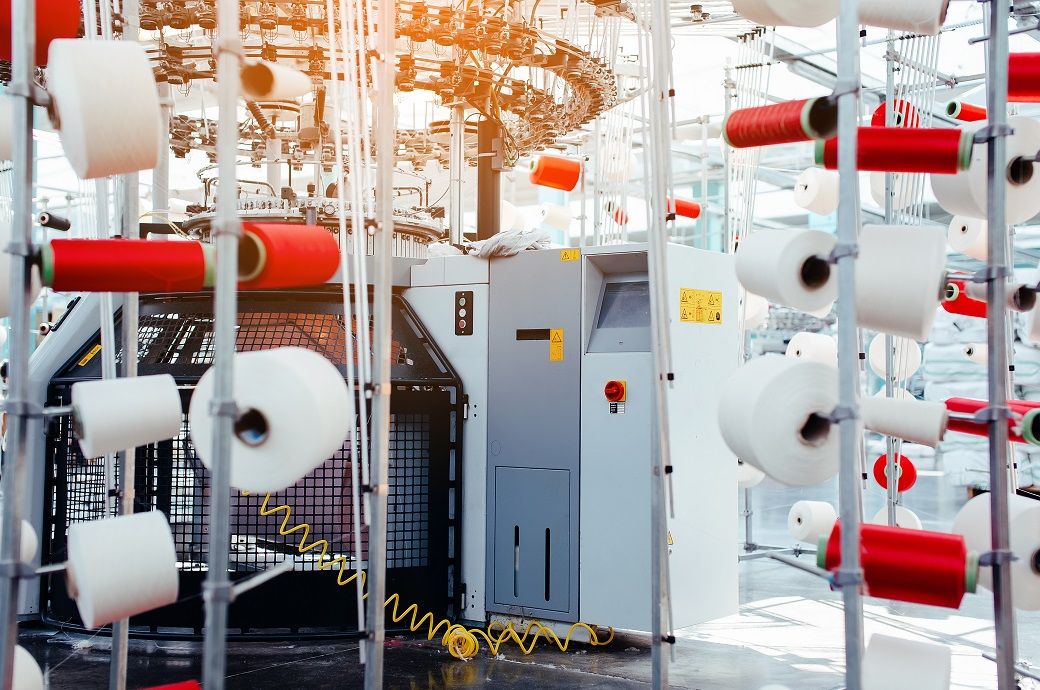
The textile industry, a vital contributor to India's economy, had received critical support under the Emergency Credit Line Guarantee Scheme (ECLGS) to the tune of ₹16,920 crore, constituting approximately 6 per cent of the total disbursement of ₹2.82 lakh crore as of September 30, 2022. However, the spinning segment now faces a severe crisis with a 50 per cent decline in cotton yarn exports, a 23 per cent drop in overall exports of cotton textiles, and an 18 per cent reduction in total textiles and clothing products during the financial year 2022-23 compared to the previous year.
The prolonged economic impact of global conflicts, coupled with challenges such as an 11 per cent import duty on cotton and issues related to MMF Quality Control Orders, has led to a significant drop in capacity utilisation, ranging from 50 per cent to 70 per cent, for almost a year. This dire situation has pushed many spinning mills, particularly small and medium-sized enterprises (SMEs), into severe financial stress, rendering them unable to service debts and meet standing charges. As a result, many units have become special mention account-1 (SMA-1), SMA-2, and NPA accounts, Confederation of Indian Textile Industry (CITI) said in a press release.
In light of these challenges, the textile mill associations have earnestly appealed to the Indian finance minister to advise the banking sector to consider the spinning segment as a special case and extend the financial support measures, including a one-year moratorium on the repayment of principal amounts, the conversion of three-year loans under the ECLGS into six-year term loans, and the provision of necessary financial assistance to alleviate the stress on working capital, on a case-by-case basis.
"We fervently appeal to your good self to consider our above pleas favourably to mitigate the unforeseen crisis plaguing the spinning sector, prevent job losses to several lakh people, sustain the market share, and achieve the envisaged export targets," said Rakesh Mehra, chairman of the Confederation of Indian Textile Industry.
The joint appeal underscores the urgency of addressing the financial challenges faced by the spinning segment to ensure the continued growth and stability of the textile industry, a key pillar of India's economic strength.
Fibre2Fashion News Desk (DP)